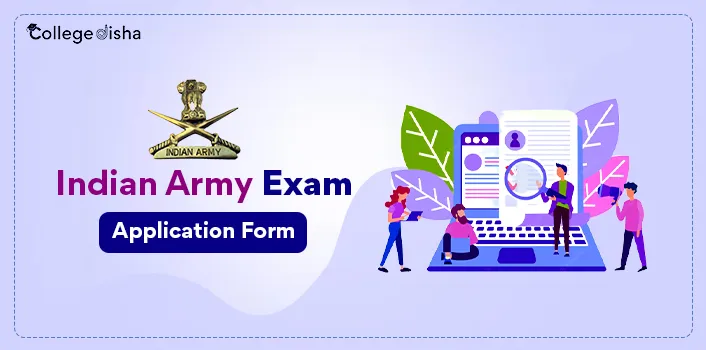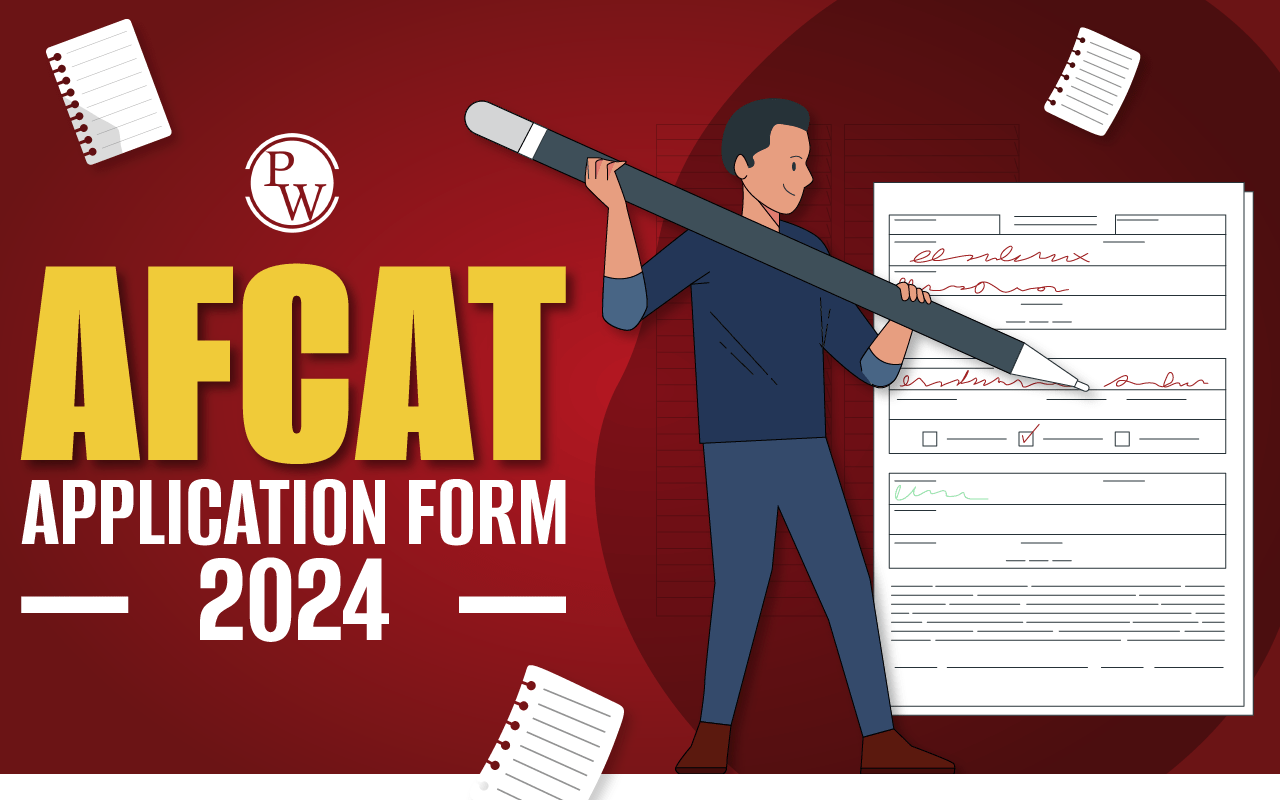In this article, I will show you how to get accounting experience while in college and after graduation. This is very important because it is getting more difficult to have accounting jobs with no experience.
What is accounting?
Accounting can be very interesting and rewarding for people who have an interest in finance and book-keeping. Accounting is a process of keeping records of the financial information of a business or organization in an organized manner. This financial information includes the assets and liabilities of the business, the profit or loss made in a period of time, which parts of the business are profitable among others.
Access to this financial information helps these businesses and organizations to make important decisions relating to finance. It also helps them ascertain their financial rights and tax obligations. Sometimes, depending on the size of the firm, it may be required to prepare financial statements for the government or the public. Such large firms need the services of an accountant with accounting experience. This is why gaining accounting experience at the start of their career is very important for accountants.
What is considered accounting experience?
Accounting work experience is the process of filling the skill gaps with relevant work experience, practicing the theory learned at school by working at relatively small firms in order to gain the practical experience required to become a professional accountant.
Why is it important to have accounting work experience?
Accounting is very important in all business operations including sales and purchases, taxes, costs, revenue and investment, and accounting is the basis for making major financial decisions. Companies know that not only a good academic background is important but also the work experience of the accountant. When a candidate has accounting experience, companies are confident that they are familiar with the practical aspect of accounting and will not take a long learning time.
How To Get Accounting Experience
Accounting does not necessarily have a spelled-out way of gaining experience. In other words, there lots of various ways of getting experience in accounting.
1. Getting CPA license
The first obstacle that needs to be overcome when getting accounting experience is getting a CPA (Certified Public Assistant) license. The CPA license grants you permission to practice legally but not only that, it also gives way to more opportunities at getting experience.
There are certain education, age, residency and ethical requirements to be met before being granted the license. These requirements may differ from state to state. At least you need a bachelor’s degree to apply for the exam, but having a master’s degree generally means more opportunities. Generally, the more your education, the more opportunities for getting experience.
To get a CPA, you not only need to pass the exam but you also need to meet your state’s work experience requirement. This situation always puts fresh accounting graduates in a bit if a dilemma but fortunately there are other places you can gain experience without a license:
2. Internships
The best and most effective way for getting accounting experience especially for college students in their senior or junior year is interning for an accounting firm. An internship is a job taken by students (not necessarily) in order to grasp the practical aspect of being an accountant. Even though there’s usually no pay for the job, compensation is in form of the knowledge gained, understanding the work culture, gaining lifetime mentors and of course, getting work experience.
3. Entry-Level Positions
These are positions that are available to people with no work experience in the concerned field. The companies train you in the ways of the job even though this comes with lower pay on average. Though most accounting firms employ people with experience to be confident in their choices, they sometimes offer entry-level work for people get the experience in order to cut down on cost.
Accounting entry-level jobs are either public accounting or private accounting. Public accounting entry-level jobs usually involve working with government and other prestigious accounting firms while private accounting entry-level jobs is typically affiliated with working at a company that’s associated with a particular niche.
4. Alternative Accounting-affiliated Jobs
Alternative Accounting-affiliated Jobs are jobs that do not involve performing the duties of an accountant but are merely accounting-related. The advantages of such jobs are that even though they do not involve professional accounting, they count when it comes to getting accounting experience. Examples of such jobs include :
-Bookkeeping : One of the most similar and closest jobs to accounting is bookkeeping. Your experience as a bookkeeper counts in getting your CPA license and a professional accounting job. A bookkeeper’s duties is keeping financial records and performing other clerical duties.
-Clerk Accountant : Accounting clerks are very similar to bookkeepers. The only difference is that accounting clerks are involved in more specific accounting roles and the scope of their duties are narrowed down compared to bookkeepers. Their duties may include recording purchases and sales, verifying transactions and documents and also checking for errors.
-Collections Specialist : An accounting degree is not necessarily needed for this job. A collections specialist acts as a liaison between creditors and customers and helps collect a debt from the customers. They also monitor overdue payments and collection activity.
Tips for getting Accounting Experience
There are different methods of getting accounting experience, it depends on a couple of factors like your level of education. If you’re in college, the best way towards getting accounting experience is by going for internships. Internships are good because once you can secure one, there are very great odds of you being offered a full-time position once you get your CPA license.
Your qualifications are essential when it comes to getting accountant experience. Without the necessary qualifications, you might not be able to apply for many public accounting positions. You can increase your opportunities and chances by getting your bachelor’s degree, preferably in accounting, and getting your CPA license.
Above all, the most important thing to do along your career is networking. Networking is the process of connecting with other people in the accounting field. Networking is very important as it can be very helpful in the future. Connect with your superiors when you were interning, your lecturers at college e.t.c locations.
Share This Post:





